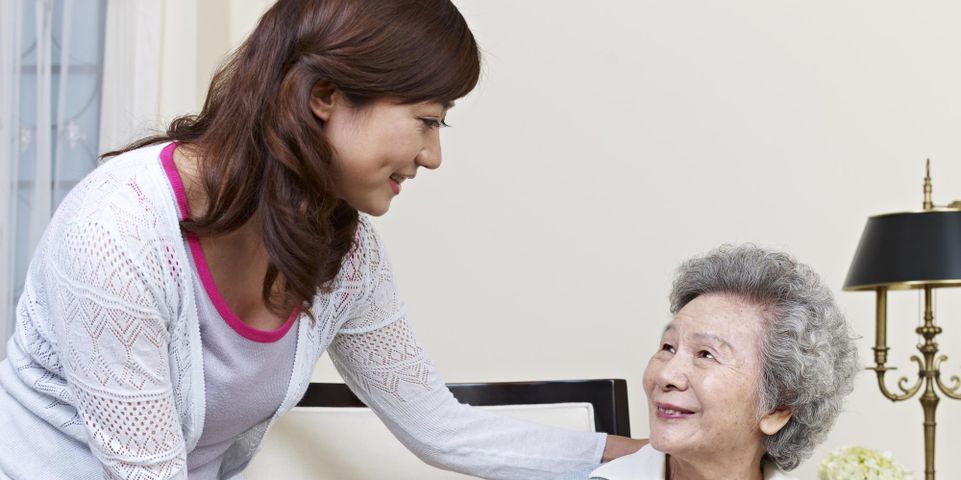
Sundowning is a symptom of Alzheimer's disease and other types of dementia in which confusion and agitation increase in the late afternoon, evening, and throughout the night. Also called late-day confusion, sundowners, or sundown syndrome, this condition can cause distress for both individuals and their caregivers. Below are some important things to know about sundowning, including several senior care tips for managing it effectively.
What It Is
The exact cause of sundowning is unknown. It’s thought that because Alzheimer's and other forms of dementia interfere with a person's internal clock and sense of time, their patterns of waking and sleeping are thrown off, which can naturally increase feelings of confusion and agitation. Common symptoms include deteriorating thinking and thought processes, restlessness and anxiety, exaggerated fears or hallucinations, and getting up during the night and wandering around. Sundowning is most prevalent in those in the mid-to-late stages of Alzheimer's or dementia.
How to Ease It
 While there is no cure for sundowning, there are some senior care tips that can ease its effects. Maintaining a consistent schedule is important for people with dementia, as this fosters a sense of routine and safety. Increasing the light in a room may also alleviate uncomfortable symptoms. Since sundowning is thought to be related to sleep, be sure the senior is getting a moderate amount of exercise during the day, taking naps if needed in the afternoon, and going to bed at the same time every night. When dealing directly with a person in a sundowning state, remain calm and validate their feelings. Assure them that they are safe and that everything will be all right. Try to distract them with a calming activity, like soft music or a quiet television show, such as a nature program.
While there is no cure for sundowning, there are some senior care tips that can ease its effects. Maintaining a consistent schedule is important for people with dementia, as this fosters a sense of routine and safety. Increasing the light in a room may also alleviate uncomfortable symptoms. Since sundowning is thought to be related to sleep, be sure the senior is getting a moderate amount of exercise during the day, taking naps if needed in the afternoon, and going to bed at the same time every night. When dealing directly with a person in a sundowning state, remain calm and validate their feelings. Assure them that they are safe and that everything will be all right. Try to distract them with a calming activity, like soft music or a quiet television show, such as a nature program.
If the older individual in your life needs more routine senior care, trust Compass Homecare. Serving the Anchorage, Mat-Su Valley, and Juneau, AK, areas, they offer adult in-home care for clients dealing with the effects of age, disability, and dementia. They provide compassionate support designed to relieve the burden on caretakers and enhance the life of the client. Call (907) 276-6960 or visit them online to schedule senior care help.
About the Business
(1 reviews)
Have a question? Ask the experts!
Send your question

